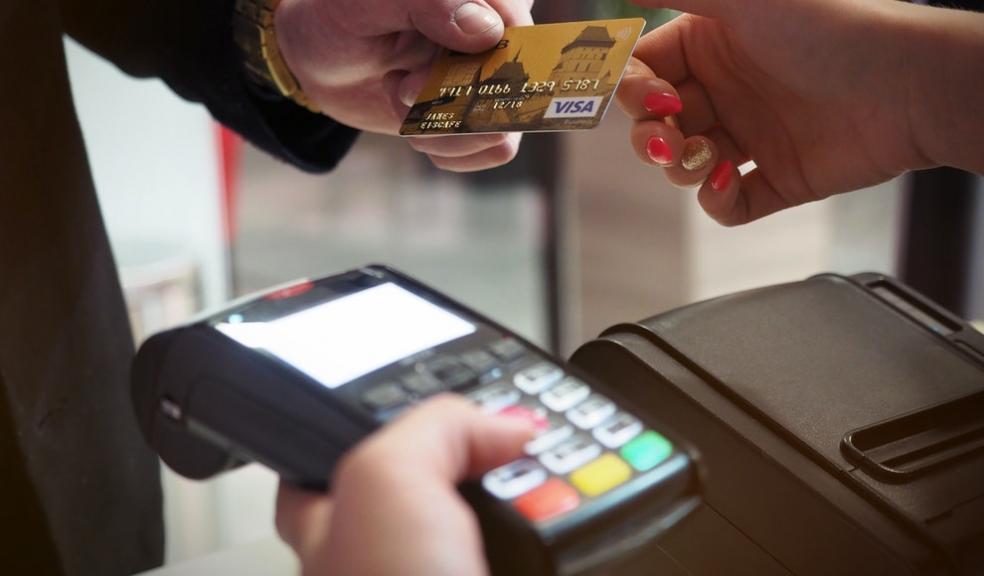
How to coose the best card machine for small businesses
Half of all UK transactions are card payments while only 23% of payments were made in cash in 2019.
What this means is that we are rapidly moving towards a cashless society as cards and payment apps take over. This trend started before the coronavirus but it was certainly accelerated by last year’s events.
What this means for your small business is that it is virtually impossible to compete on the market without a proper payment processing machine. Customers expect businesses to provide them with different payment options as cash is going out of fashion.
A card reader or a card machine allows you to accept card payments. From traditional card machines that require PINs to mobile card readers and contactless payments, there is a variety of card machines available for businesses.
These card machines also come with different fees which can add up and may include hidden costs. This is why choosing a card reader for your small business can greatly impact your success.
In this article, we will show you how to choose the best card machine for small businesses by discussing the most important features you should consider.
The cost
The total cost of acquiring a card machine varies from one provider to the other. Some may require little upfront spending but will come with fees that add up every month.
You should consider all expenses that come with using a card machine such as hardware, payment processing fees, service fees, as well as monthly fees you may need to pay.
To find the best card reader for your small business, you should research your options and get quotes from various providers until you find the one that offers the key features you need at a price that suits you.
Payment Processing Fees
Payment processing fees will depend on the device you choose for your business. Generally, traditional card machines are rented and come with a monthly fee while mobile card readers are purchased and transaction fees are charged for every sale.
Some providers charge a fixed fee per transaction which allows you to make monthly plans. Card processing fees in the UK vary from 1% to 3% depending on total monthly sales.
There are also merchant service charges as well as monthly service fees. A transaction authorization fee will also be charged for every sale you make.
All these fees might not sound like too much but they can quickly add up and you might be left wondering where your money went.
That is why it is important to get quotes and find a payment system with transparent fees. To compare the prices of card processing and learn more about online payment systems, you can check out Cardswitcher.
Portability
Another feature you might need to consider is portability. Card readers are not just for shops where you pick a product and proceed to the counter. Most small businesses can carry a card machine nowadays because modern card readers don’t require a fixed phone line.
Card readers operate via Wi-Fi so you can take your device anywhere with you. If you’re a plumber, for example, a portable card reader would simplify things a lot as you wouldn’t need to deposit cash to the bank every day.
Speed
Perhaps your biggest concern is how fast will payments be processed. This also depends on the device you’re using but you probably want the funds to be available in your bank account as soon as possible.
The average transfer can take from a few business days to a week. If transfer speed is a priority for your small business, there are providers that ensure the funds are available the next business day.
Payment Mode
Equally important, what exactly are you paying for? Is it a basic card reader that accepts PIN cards or does it also support contactless payments?
Having a card reader that allows customers to simply tap or swipe their cards or mobile phones is crucial today when more and more people use mobile apps for payments.
Of course, offering as many options as possible to your customers is desirable, especially if your target audience are young millennials who are primary users of mobile payments.
However, if your business doesn’t have a need for this yet, you should focus on other priorities such as monthly costs, speed, and portability.
Efficiency
While it isn’t the most crucial feature to consider when choosing a card machine, the overall efficiency and ease of use is still of relevance to many small business owners. You want a card machine that you and your employees will find easy to use and, therefore, be able to accept payments quickly.
While most card machines are pretty straightforward, there are differences depending on which device you ultimately choose. If this is a concern for you, you should go for a device with a simple POS system that doesn’t require training.











